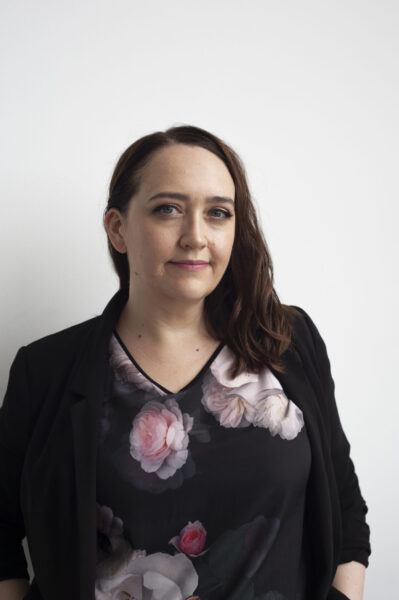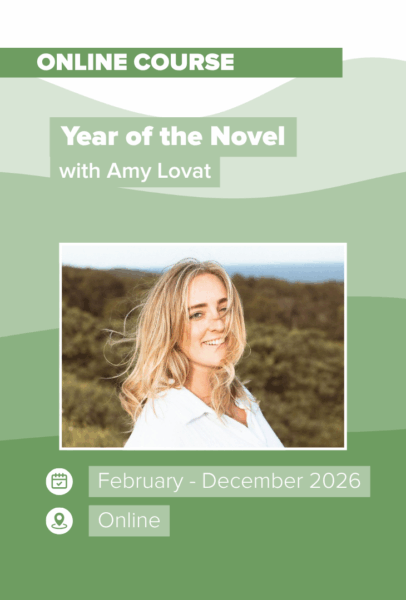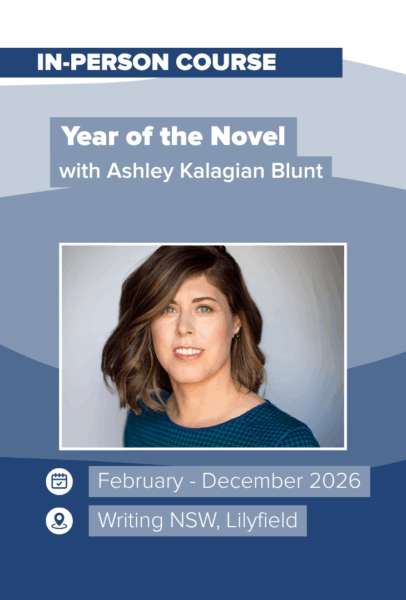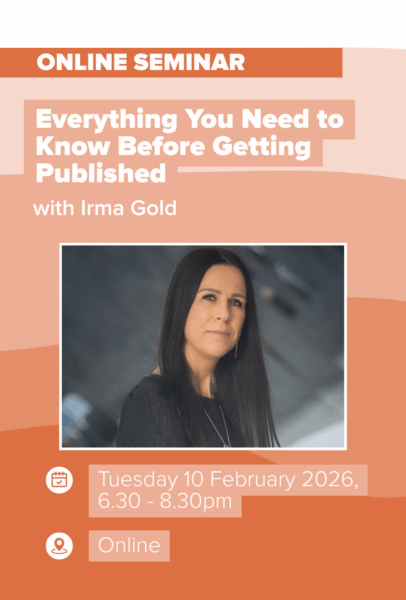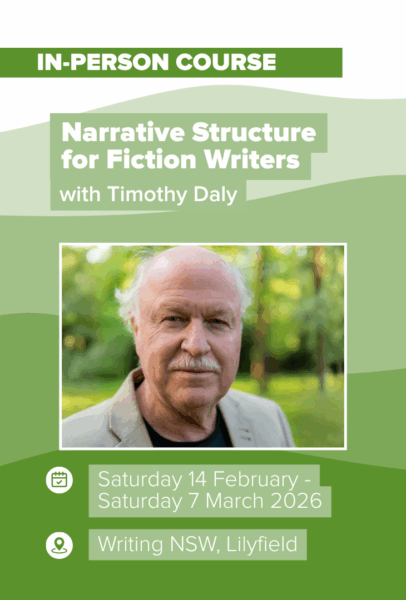Year of the Novel: Phase One
 Emily Maguire
Emily Maguire
8 x Tuesdays: 4, 11, 18, 25 February; 3, 10, 17, 24 March 2020, 6:30-9:30pm
Full Price: $970
Member: $680
Conc Member: $580
This course is SOLD OUT. You can join our waitlist here and we will contact you if a space becomes available.
Over eight weeks, acclaimed author Emily Maguire will give you the tools, support and encouragement you need to plan, edit and write your novel.
In Phase One, we’ll work on getting the bare bones of your novel down on paper (or screen). We’ll talk about generating ideas and planning, and look at the basic elements of fiction – point of view, voice, narration, character, plot, dialogue and setting.
Throughout, Emily will use examples from classic and contemporary fiction and from students’ work-in-progress to explore the topics covered, and guest speakers will share their insights to further expand your understanding of how published writers do what they do.
You should come to the first class with a specific work-in-progress or idea for a novel. Sharing and discussion will be encouraged, and there will be ample opportunity for you to speak to the group about how various techniques and lessons may be applicable to your specific project, however, one-on-one detailed feedback from the tutor will be limited.
(Please note that while the three phases are designed to build on each other, each may also be taken as a stand-alone unit.)
Phase One: Writing the bones
1. Introduction and planning
Setting goals, creating structure, identifying obstacles and figuring out ways to get past them.
2. Inspiration
Generating ideas, re-invigorating memories, stealing from life, stealing from history and making the old and tired, vigorous and new.
3. Story and plot
The difference between story and plot, and how you can make one into the other.
4. Character
In this session we’ll discuss what makes a character complex and compelling and what you can do to make your character as alive on the page as s/he is in your head.
5. Point of view and voice
We’ll talk about the advantages and disadvantages of first, second and third point of view (POV), and which works best in what circumstances. We’ll also consider the relationship between POV and voice.
6. Showing and telling
Beginner writers are often told to ‘show, not tell’, but it’s not as simple as that. This week we’ll talk about the difference between showing and telling, and how to get the balance right.
7. Dialogue
Dialogue is an essential tool in both characterisation and plot development. We’ll discuss how brilliantly written dialogue can make your characters more believable, your plot more suspenseful and the world of your novel more vibrant.
8. Setting
Using the details of time and place to create atmosphere and solidify your invented world.
Participant Requirements
Pen and paper or preferred device for writing. Please ensure your device is charged.
More from Writing NSW
Check out our full range of in-person writing courses in Sydney, our online writing courses and our feedback programs to see how we can help you on your writing journey. Find out about our grants and prizes, as well as writing groups across NSW, and sign up to our weekly newsletter for writing events, opportunities and giveaways.

